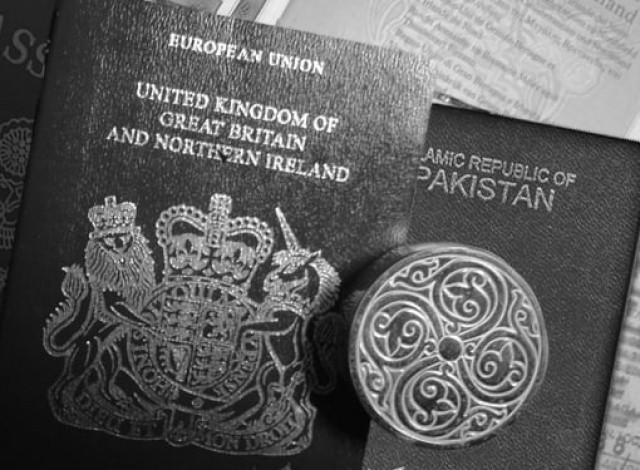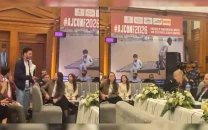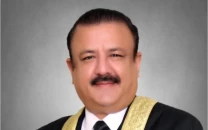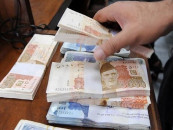Dual nationalities: ANP conditionally drops opposition to legislation
All dual nationals should renounce their secondary citizenship after being elected, party demands.

The Awami National Party (ANP) has withdrawn its objection to dual national Pakistanis becoming members of parliament but with a condition – all dual nationals should relinquish their secondary citizenship after being elected.
The new position taken by the government’s key ally, both at the centre and in two provinces, is much milder than the hard-line position it previous had on the issue when it forced the postponement of a constitutional amendment in parliament.
The ANP’s willingness to support dual nationals as parliamentarians may end a deadlock on a constitutional amendment to allow expats to become MPs.
The development took place during the meeting of a parliamentary committee when members from the ANP endorsed recommendations of the panel it sent to the government, which suggests allowing overseas Pakistanis to become lawmakers.
The National Assembly Standing Committee on Overseas Pakistanis met on Friday to frame recommendations on the proposed constitutional amendment the government had introduced in parliament – aimed at allowing expats to contest elections.
The government’s move came after the Supreme Court disqualified several members of the National Assembly, Senate and provincial assemblies because of their dual nationalities. The most prominent among them is Rehman Malik.
But the opposition from ANP forced the government to postpone its passage because it lacked the required two-thirds majority.
Talking to The Express Tribune, the parliamentary panel’s chairperson Muhammad Jadam Mangrio said that the committee had decided to forward its recommendations to the government that dual nationals should be allowed to become parliamentarians — including being members of the National Assembly, Senate and provincial assemblies.
But according to the draft suggestions agreed at the meeting, the panel would not support propositions of dual nationals holding important public offices like the president, prime minister, chief ministers, governors or even cabinet members.
Another member of the committee, Engineer Usman Tarakai, said the panel also recommended the government to initiate the system of electronic balloting for overseas Pakistanis.
The proposal was made after an official of the Election Commission of Pakistan told the committee that the government would have to bear an exorbitant cost of $40 a vote if it facilitates postal balloting for expatriate Pakistanis.
Published in The Express Tribune, July 28th, 2012.


















COMMENTS
Comments are moderated and generally will be posted if they are on-topic and not abusive.
For more information, please see our Comments FAQ